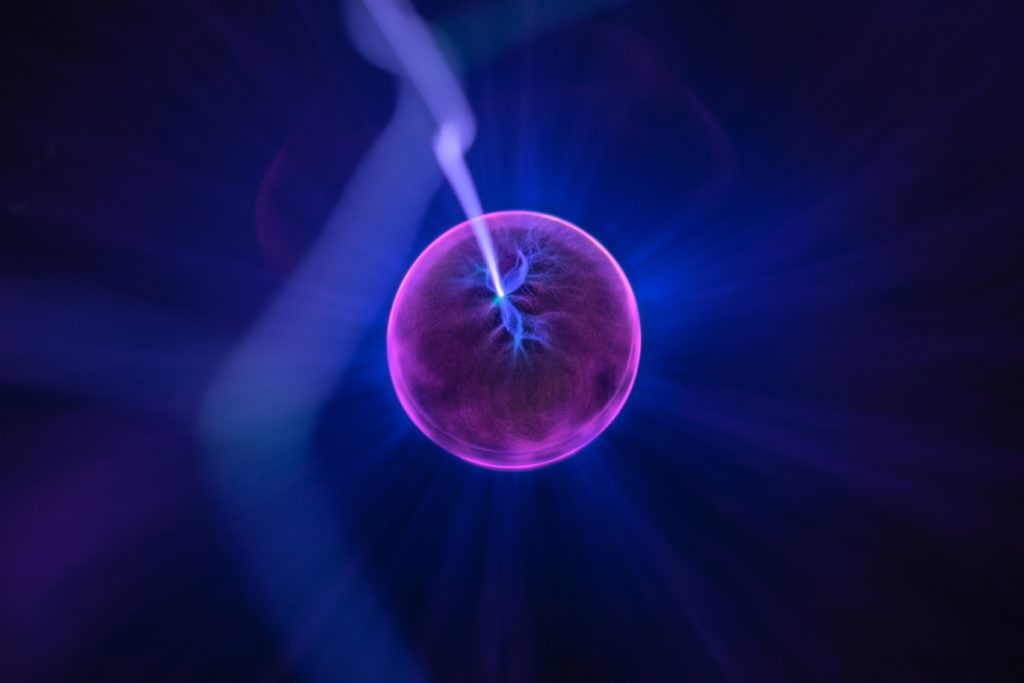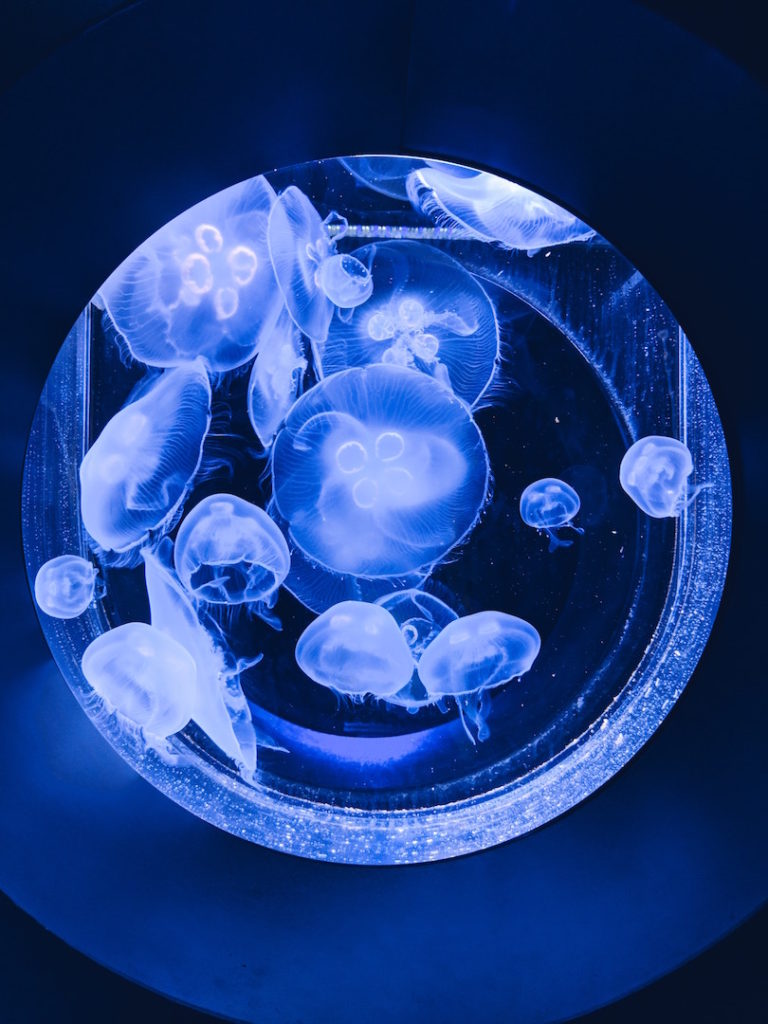When do people feel most happy?
Happiness is a condition that must be prepared for, cultivated, and defended privately by each person. People who learn to control inner experience will be able to determine the quality of their lives, which is as close as any of us can come to being happy.
The concept of flow—the state in which people are so involved in an activity that nothing else seems to matter; the experience itself is so enjoyable that people will do it even at great cost, for the sheer sake of doing it.
Flow will examine the process of achieving happiness through control over one’s inner life.
The optimal state of inner experience is one in which there is order in consciousness. This happens when psychic energy—or attention—is invested in realistic goals, and when skills match the opportunities for action.
Achieving control over experience requires a drastic change in attitude about what is important and what is not. In addition to or instead of the goals others use to bribe us with, we develop a set of our own.

But it is not by abandoning ourselves to instinctual desires that we become free of social controls. We must also become independent from the dictates of the body, and learn to take charge of what happens in the mind. Pain and pleasure occur in consciousness and exist only there.
Raising on flow
Flow is an alternative path toward mastery, but, like any path, not without its pitfalls.
Flow feels like the meaning of life for good reason: autonomy, mastery and purpose are our most powerful intrinsic drivers.
When we begin finding the flow with regularity, dangerous, falls under the category of that which can go wrong when almost everything goes right.
Since Flow is a creation engine, it helps us pluck an idea out of imagination and bring it fully formed into the world. In consequence, visualization impacts a slew of cognitive processes- motor control, memory attention, perception, planning— essentially accelerating chunking by shortening the time it takes us to learn new patterns. As the first stage of the flow cycle involves exactly this learning process, visualization is an essential flow hack: it shortens struggle.
When we do actually execute on our vision, we’re far more likely to find ourselves in the zone during that attempt and far more likely to perform properly as a result. We need to understand the revolution that technology is now bringing to flow research.

